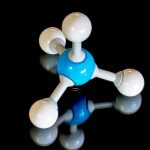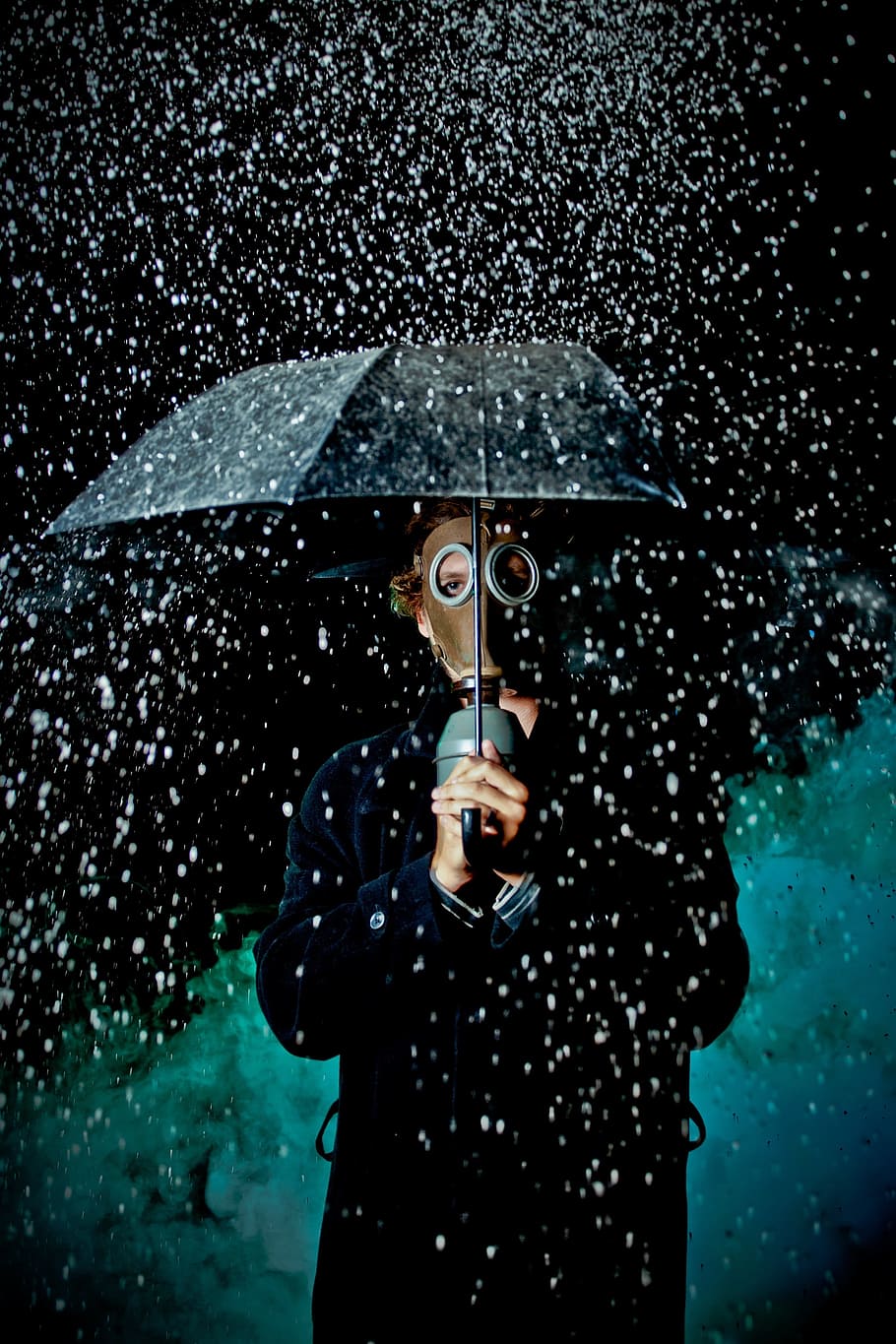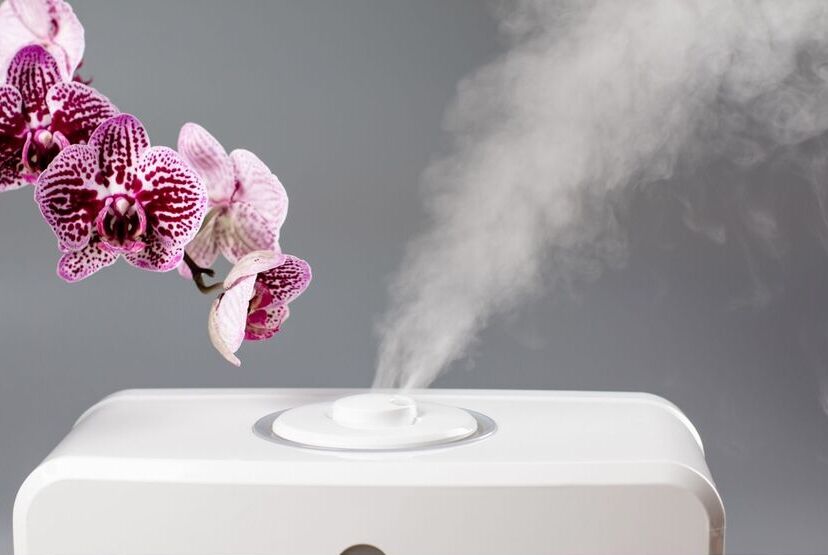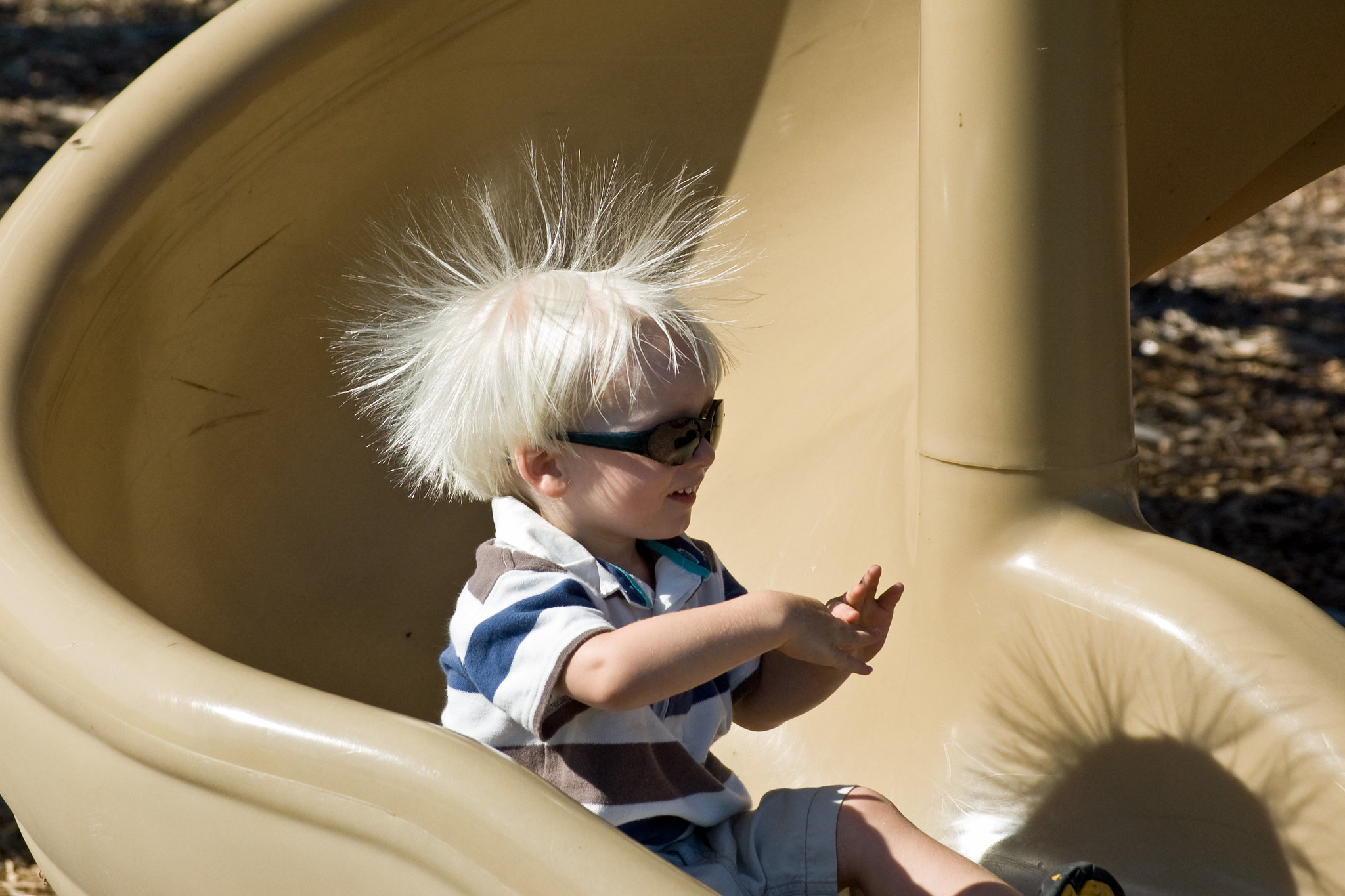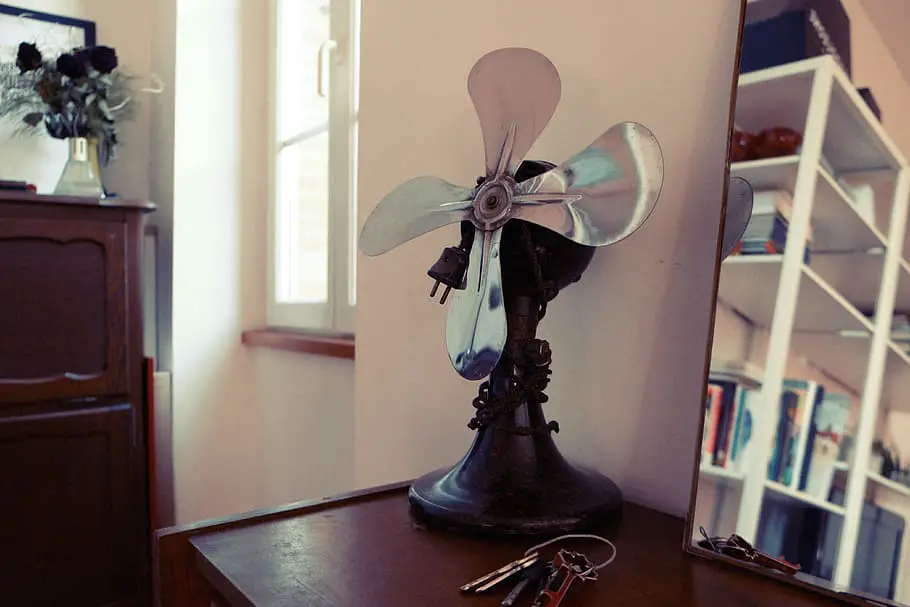Lately a mysterious button has started to pop up on a variety of different appliances.
The “ION” button has made its way onto air conditioners, tower fans, and dehumidifiers. Another appliance that has gotten the Ion treatment is the Humidifier.
Table of Contents
What is a Humidifier Ionizer?
An Humidifier Ionizer or sometimes called “Anion” humidifier is a humidifier that disperses negative ions and also disperses moisture. Essentially it is a combination appliance that incorporates a humidifier and an ionic air purifier.
An article in the US National Library of Medicine states that when:
Based on the “Lenard effect”, water shearing appliance has been designed to generate NAIs. Water shearing produced only superoxide ions (O2−) which was bound to clusters of water molecules to form the structure O2−(H2O)n , and was essentially regarded as a natural source of NAIs. NAIs generated by the “Lenard effect” might improve erythrocyte deformability, thereby aerobic metabolism. Also “The ionizer had the ability to kill the bacteria, and ion capture dramatically reduced its bactericidal effect”
In Layman’s terms:
Negative Ions can help reduce airborne bacteria
“Think of negative ions as tiny air cleaners. Just like a magnet attracts metal filings, these ions attach to airborne particles like bacteria. Once attached, the particles become too heavy to stay airborne and settle down, effectively cleaning the air around you.”
What does an ion humidifier do?
An ionizer on a humidifier serves two purposes.
- Clean the surrounding air as the humidifier adds moisture to the air.
- Reduce the level of mold and bacteria associated with humidifiers.
Humidifiers are notorious for the amount of cleaning and maintenance they need to ensure that they do not become a breeding ground for mold and other organisms.
Adding an ionizer function to a humidifier can reduce and even destroy much of the contamination related to this issue.
Anion humidifier benefits
- Cleaner air
- Comfortable humidity levels
- Less chance of the humidifier becoming a germ farm
- Negative ions make the atmosphere feel lighter
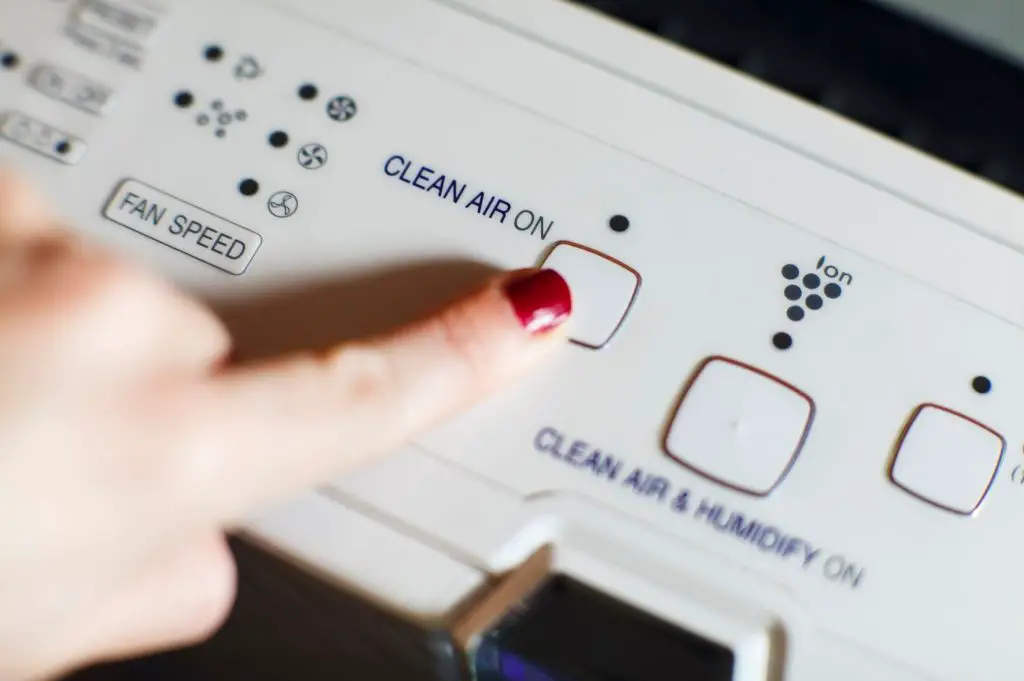 Humidifier vs. Ionizer
Humidifier vs. Ionizer
The purpose of a humidifier is to add moisture to a room. Low humidity is usually associated with winter because the climate is typically more dry during those months.
It’s not only the climate dictating the humidity in the winter, it’s also the fact that the house is usually closed up with the furnace running non stop and drying out the air.
And having the house closed up in the winter introduces more problems than one.
Not only does the air become very dry and miserable especially when you have a cold, the air quality begins to become very unhealthy too.
The first place people start with to solve the problem is buying a humidifier.
A humidifier is a must in the winter. Keeping a cool mist humidifier near your bed in the winter can be the difference between getting a good night’s rest or not.
But a humidifier does not solve the problem of the recirculated air quality in your home becoming a breeding ground of germs on its own.
And compounding the issue is the fact that the humidifier must be cleaned often to keep it from becoming a mold distribution machine all on its own.
When a humidifier gets dirty with mold and other organisms then turned on, it disperses mold spores and bacteria into the air and is able to travel further because it is contained in humidity droplets that act like small vehicles for the germs.
An ionizer is a machine that cleans the air by emitting ions. this works because ions have both negative and positive polarities.
When the ions are dispersed from the ionizer they snap together and trap anything in their way inside of the new bond.
As the new bonds clump together, they become too heavy to float and fallout of the ambient air. (The air you breathe)
Can you use an air purifier and humidifier together?
Absolutely, and you should. Indoor air pollution and dry air are both associated with keeping a house closed up with the heater running.
When the furnace is running non-stop it dries out the air which dictates the need of a humidifier.
Keeping the doors and windows shut to keep the furnace doing its job means that the indoor air quality is suffering.
The air in your house must be kept clean as much as the relative humidity kept in the 30 to 50% range.3 ways a humidifier actually performed as an air purifier.
3 Ways a Humidifier can Clean Air
A Humidifier actually affects the air in more ways than just adding moisture. Humidifiers can also have a cleaning effect on the air, alongside adding humidity.
- Dust: When the air is dry, dust control can be much more problematic. Adding humidity to the air in a room through a humidifier moistens the dust, causing it to fall to the surface, similar to the cleansing effect of a rainstorm.
- Viruses and Bacteria: While humidifiers can be a source of germs if not properly maintained, adding humidity can also encapsulate bacteria in humidity droplets, making them too heavy to float and thus removing them from the air.
- The Lenard Effect: Water can be a source of negative ions through the Lenard effect, which involves the formation of negative ions through shearing water. Although the number of negative ions produced by a humidifier may be small, the potential for ion creation exists.
 Recap
Recap
Have you ever wondered what the ion button on a humidifier is for? Some humidifiers include an ionizer along with their moisturizing function, dispersing ions into the air to make airborne contaminants too heavy to remain suspended. This means they fall out of the air, effectively cleaning it.
An Anion or Ion humidifier not only adds moisture to the air but also offers the option to add ions, enhancing the air quality. But do they work? Ionizer humidifiers are considered beneficial, especially in closed spaces during winter, combining the benefits of both a humidifier and an ionizer.
These devices often use the plasma cluster ion system, one of the most effective ionizing technologies available. The combination of a humidifier and an ionizer can be more synergistic than, for example, a fan ionizer that might not be as effective due to its fast and hard airflow.
Although ion humidifiers are not widely popular, their unique combination offers a specialized solution for air quality improvement, making them a good option for travelers or for use in environments with varying climates.
Devices like the revitalizer, which uses water shearing similar to the “Lenard effect”, and air washers that use water as a filter, also serve as natural humidifiers with added benefits like aromatherapy.


 Recap
Recap